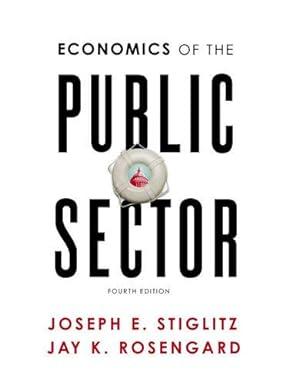In 1993, a major dispute broke out between California and the United Kingdom involving taxation of the
Question:
In 1993, a major dispute broke out between California and the United Kingdom involving taxation of the income of Barclays Bank, one of the major British banks. California imposed a tax that allocated a fraction of Barclays's income to its activities in California, and taxed that accordingly; Barclays said that the formula used resulted in far too high a fraction. The U.K. government supported Barclays's position and threatened economic retaliation. The United States, in its international negotiations over the years, had criticized other countries using what are called unitary tax systems, in which income is allocated on the basis of a simple formula, as described in the text. It argued for using the transfer price system, in which an attempt is made to estimate the value of the goods and services that a company's plant in one country receives from and delivers to the company's facilities in other countries. (It attempts to "price" these transfers.) With the worldwide integration of economic production, such systems appear to be increasingly cumbersome; no state within the United States attempts to use a transfer price system. What do you think the U.S. government should have done in the Barclays's case?
Step by Step Answer:

Economics Of The Public Sector
ISBN: 9780393925227
4th Edition
Authors: Joseph E. Stiglitz, Jay K. Rosengard





